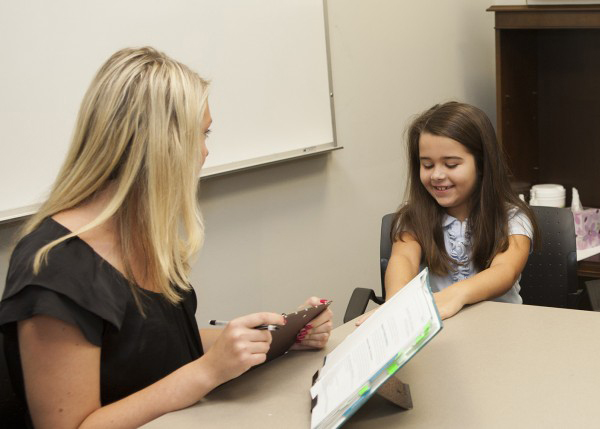Consultation is available to help decide if and what type of evaluation and services may be needed.
For all evaluation services, you can expect:


I am Dr. Katherine Baum, a board-certified clinical neuropsychologist who is passionate about working with children, adolescents, and young adults with neurological, medical, and developmental conditions.